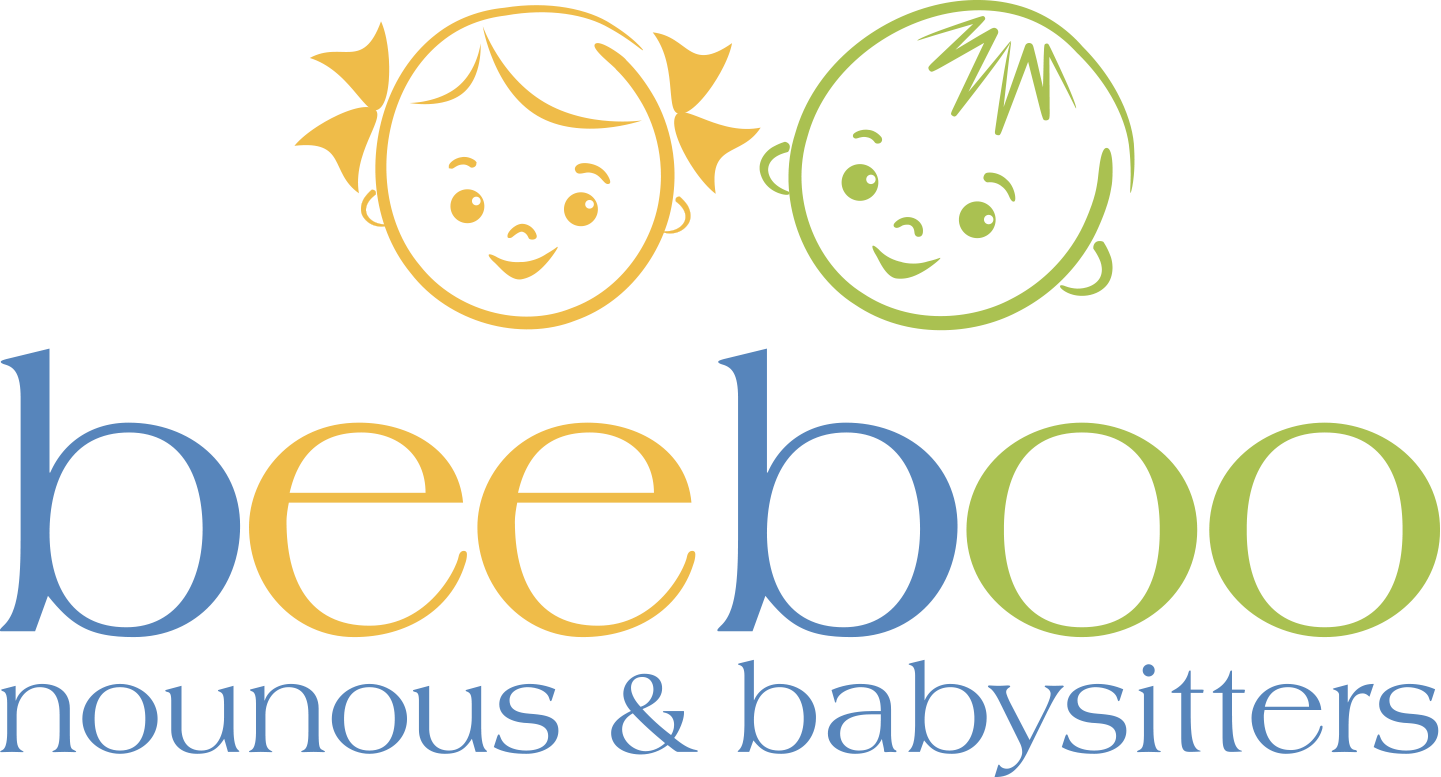
Breastfeeding
Breastfeeding Basics
Breastfeeding is one of the most natural things in the world but a lot of new mamas still struggle at first. It can come as a bit of a shock when things don’t go to plan but your body is pretty amazing and there’s a lot you can do to give nature a nudge, making it easier for you and your bub.
Be prepared
Learn as much about feeding as you can before the birth so that you feel more confident when the time comes. Biologically speaking, changes start happening from the moment you get pregnant that are designed to help you feed later on. Everyone is different though, so don’t compare yourself to other people – just because your breasts don’t increase in size as much, for example, doesn’t affect your ability to produce milk. You’ll start by making colostrum to nourish your newborn and your milk changes to meet their needs as they grow. Bra shopping might not be top of the list during pregnancy but wearing the right fit helps your breasts stay in shape. You can expect a few changes in bra size and around the 36-week mark is a good time to get fitted for after the birth.
Get in position
Once your little one is born, encourage them to do the breast crawl and initiate feeding themselves. Place baby on your abdomen and support them for safety, allowing them to move towards the breast and latch on. The two of you may need a little extra help and hospitals usually encourage being in a more upright position. Go to the toilet first so that you’re sitting comfortably and keep a glass of water by your side. Undress the baby and place them on you, ear aligned with your shoulder and hips. Tilt their chin to the breast and your nipple to their nose. Roll the nipple between your fingers and guide it into their mouth, lifting the baby towards the breast. When you’ve finished feeding, check that your nipple isn’t misshapen or elongated and never accept sore nipples as they can lead to overfull breasts and other concerns. Book a follow up with your midwife 48 hours after you leave the hospital to check that everything is going well.
Healthy diet
Step away from low-fat foods and forget about shedding that baby weight for now! Eating well is really important during breastfeeding as it influences the nutritional quality of your breast milk. In general, you don’t need to avoid particular foods but if you find something makes you gassy then it might have the same effect on bub. Try not to eat too much sugar, get plenty of good fats and protein, and the wider the variety the better, as baby will be more receptive to different tastes when they start solids. Follow “the rule of 3s” by eating 3 main meals, 3 smaller meals, 3 snacks, and drinking 3 litres of water.
Supply and demand
There are lots of ways to increase milk supply. First things first, make sure you establish a good latch, which will stimulate the breast to release milk properly, and feed frequently on demand in the early days to encourage milk production. As we talked about above, diet is important and if you go for long periods without eating and drinking overnight your supply will be lower. As a rule of thumb, wait a minimum of one hour from the end of a feed until the beginning of the next, with a maximum of 3 hours in between; allow a maximum of 30 minutes per breast in a feed. The best way to know if your baby is getting enough is to check the amount of urine and stool they produce and have them weighed weekly in the first 6 weeks.






